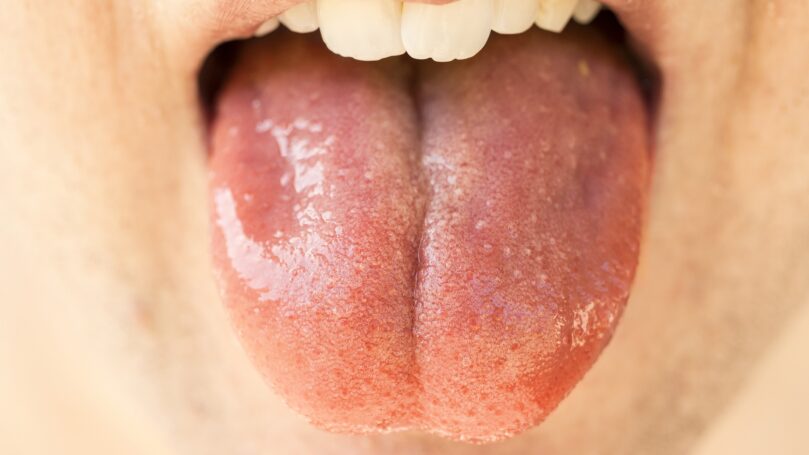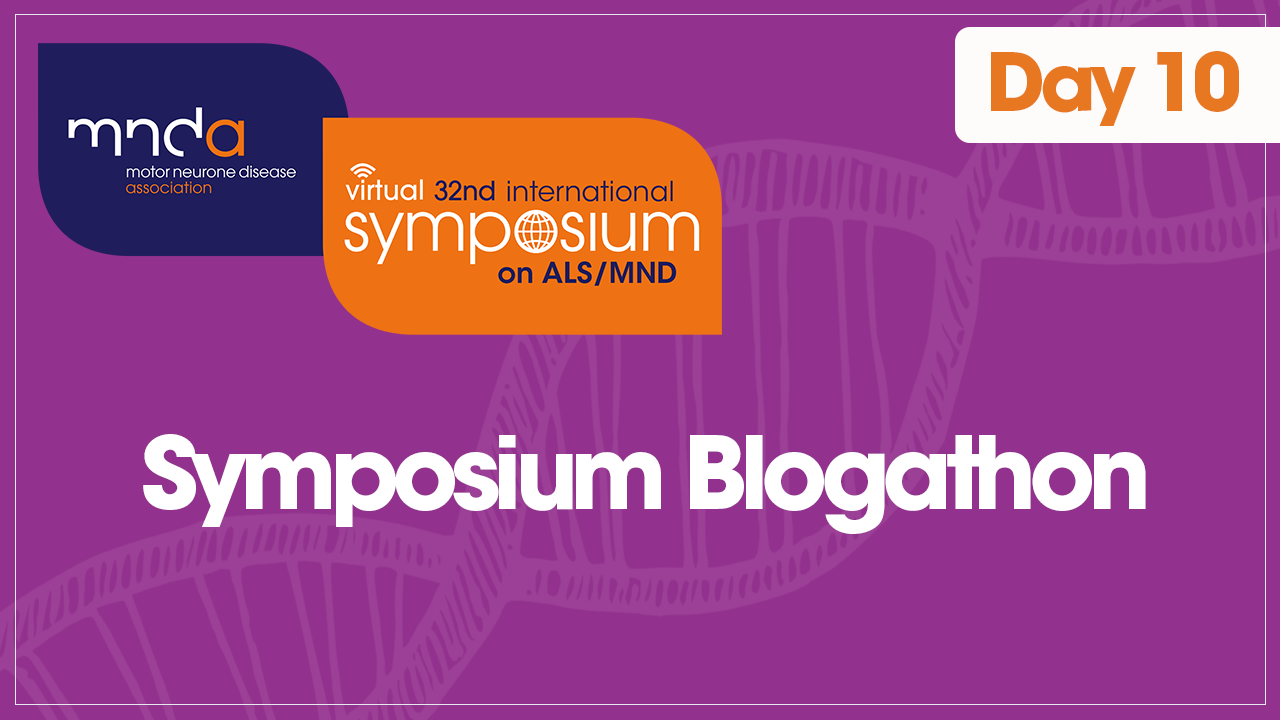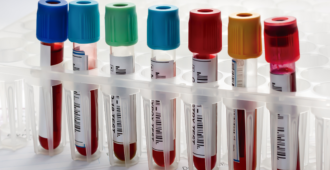Like many things we take for granted, it’s easy to forget the importance of our saliva. Until we begin to think about it, we are unaware of how much saliva assists our daily functions: digestion, swallowing and speech. However, when people experience a lack of control or changes in their saliva, some of these benefits are lost. Instead, saliva can present several problems which hugely impact a person’s quality of life.
This is the case for many people living with MND. People can experience an excess of thin, watery saliva. In fact, it is not that more saliva is produced but that it pools in the mouth when muscles in the mouth, tongue and throat weaken, making swallowing difficult. People with MND can also deal with a build-up of thick, tenacious saliva which is hard to clear. As well as being extremely frustrating, these problems can have serious impacts on speech, sleep and breathing. A recent study found that, although uncommon, excess saliva can even trigger a ‘laryngospasm’, a temporary contraction of the vocal cords which can make speaking and breathing difficult.
So far, little research has been dedicated to saliva problems specifically in people with MND and its treatment. As a result, current management relies on self-help techniques and medications which come with unpleasant side effects. However, these issues are finally getting the attention they need. Recent research presented at the 32nd International Symposium on ALS/MND begins to shed light on these problems in the MND population and highlights the importance of research in this area.
In a project called ProSec3, partly funded by the MND Association, a University of Sheffield research group led by Professor Chris McDermott sought to investigate and evaluate current treatment strategies for managing saliva problems and facilitate the design of future studies to improve treatments (CMS-42). The study had four aims:
- Describe how common these saliva problems are in the UK MND population
- Describe how saliva problems are currently being treated
- Identify the effectiveness of these treatments for saliva problems
- Identify which, and how often, drugs for saliva problems cause side effects that lead to discontinuation.

504 participants were recruited across 36 sites (35 in the UK and 1 in Australia) and participated in a number of questionnaires across 12 months relating to their saliva. Results from the study showed that 25.4% experienced problems with both thin and thick saliva, 24.5% experienced problems with thin saliva only and 9.1% experienced problems with thick saliva only. Only 39.9% of participants had not experienced secretory problems showing that saliva problems are fairly common in the UK MND population.
Looking at current treatment strategies, by far the most used was anticholinergics (72.2%), drugs which interrupt the neural signals which cause saliva production. Second was mucolytics (23.2%), which act to reduce thick mucus build-up. After evaluating both drugs, many reported that these treatments were not able to manage symptoms effectively and induced unpleasant side effects. This included gastrointestinal problems which led many people to discontinue the medication. Overall, the study highlights the extent of saliva issues in the UK MND population with the authors concluding that better methods are needed to manage saliva problems. Watch the video below to hear more about the ProSec3 study.
In relation to the work above, researchers from Sheffield also presented work on a potential validated tool for monitoring saliva symptoms in MND (CMS-51). The Clinical Saliva Score (CSS-MND) is a 10-question patient reported outcome measure which relates to both thin and thick saliva secretions. Results from trialling this tool in the ProSec3 study showed the tool was able to differentiate between different saliva symptoms and provide more information than the current saliva question on the ALSFRS-R. In the future, this tool could be used to reliably measure the effectiveness of treatments which target saliva problems specifically in those with MND.
It is clear that research into saliva management must continue in order to find treatments that are effective and do not lead to adverse effects in people with MND. Researchers around the world are already looking into alternative methods to control excess saliva including radiotherapy in the primary salivary glands to reduce excess saliva (CMS-48). We look forward to seeing more research being conducted into salivary problems in MND, where it may lead and how it could help to improve quality of life for those living with MND.
To read about more work presented at 32nd International Symposium on ALS/MND, please visit our Symposium Blogathon or published online abstracts.







